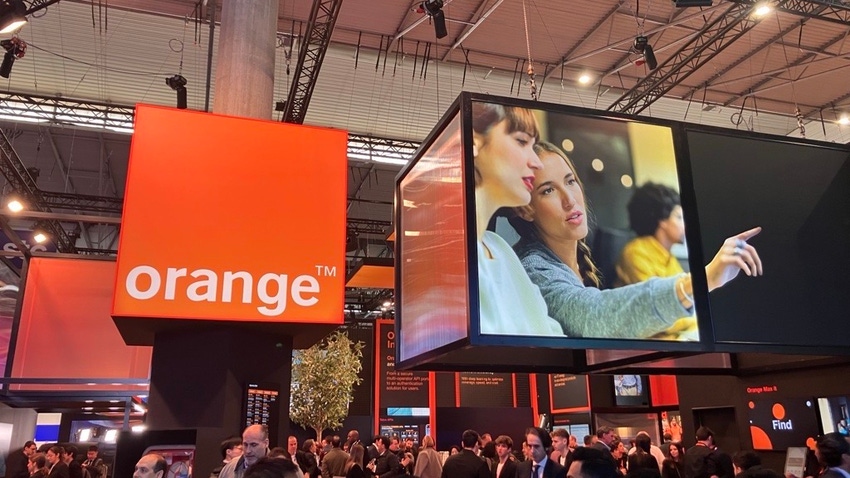Eurobites: MasOrange promises €4B investment over three years
Also in today's EMEA regional roundup: Vodafone-Three merger update; Telecom Italia claws back license fees and more; Elisa acquires Leanware.

MasOrange, the clumsily named offspring of the merger between Orange's Spanish unit and what was MásMóvil, has been setting out its stall, announcing investments of around €4 billion (US$4.3 billion) over the next three years in 5G, fiber deployments and unspecified "new services." The plans involve the rollout of up to 6 million "real estate fiber optic units," while 5G coverage will be extended to more than 90% of the Spanish population. At a regional Spanish level, Euskaltel, R and Telecable will continue to be the reference brands in their respective markets, but it appears Guuk and Embou will bite the dust. Nationwide, MasOrange says it has more than 37 million mobile and broadband subscribers and 2.3 million TV users.
Vodafone and Three have failed to come up with any "meaningful solutions" to what the UK's Competition and Markets Authority (CMA) perceives as problems raised by the proposed merger of the two companies. Given they were allowed five working days to come up with said solutions, this is hardly surprising. So on we go to a full-strength phase 2 investigation into the £13 billion ($16.4 billion) deal, which is guaranteed to take considerably longer than five working days.
A court judgement in its favor means that Telecom Italia (TIM) will claw back around €1 billion ($1.08 billion) from the Italian government for license fees (plus interest) it was forced to hand over in 1998, the year following the liberalization of Italy's telecom sector. TIM has a lot to thank the EU's top court for – it ruled that the EU's regulatory system did not allow a national regulation to extend to 1998 the obligation to pay a license fee calculated on the basis of its revenues, but only permitted the demand for payment of the administrative costs associated with the issuing of the license.
Finland's Elisa is to acquire Leanware, a provider of production, supply chain and logistics software. The acquisition is intended to boost Elisa IndustrIQ, Elisa's own industrial software business. Leanware is headquartered in Tampere, Finland, and employs around 90 people.
The Next Generation Mobile Networks Alliance (NGMN) has published a new report that looks at how to more accurately measure energy consumption in virtualized networks. Among other conclusions, it says that the use of open source technology for determining or virtual network functions is progressing very quickly. The report also makes several recommendations to standards development organizations to speed up the development of improved measurement frameworks.
Germany-based nLighten has acquired seven edge data centers from EXA Infrastructure, expanding nLighten's European presence in Belgium, Switzerland and Spain and boosting its offer in Germany, France, the UK and the Netherlands. Both companies are owned by I Squared Capital, a global infrastructure investor.
EE, the mobile operator owned by BT, has improved its 4G coverage in the Welsh rural county of Ceredigion after upgrading or building more than ten 4G masts there. The work forms part of the UK government's Shared Rural Network program.
Read more about:
EuropeAbout the Author(s)
You May Also Like





.jpg?width=300&auto=webp&quality=80&disable=upscale)






